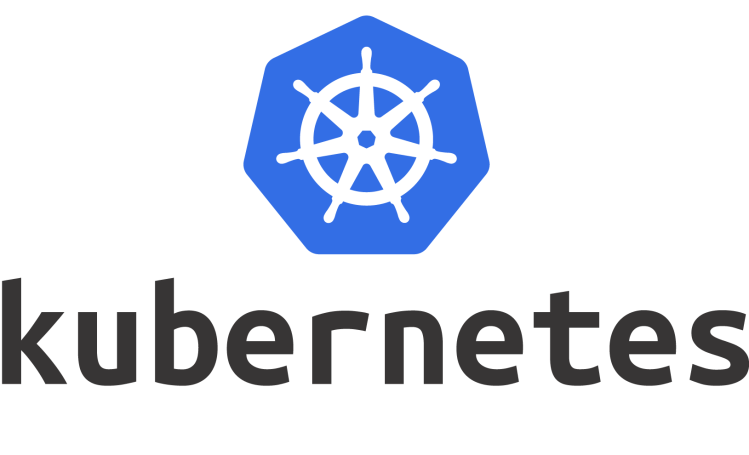The Linux Foundation’s Cloud Native Computing Foundation has announced that Kubernetes 1.11 will go live later today. This marks the second release of Kubernetes this year as the open source organization seeks to keep up with growing interest in the platform.
In a press release, CNCF said the new version will “advance maturity, scalability, and flexibility of Kubernetes, marking significant progress on features that the team has been hard at work on over the last year.”
With an ever-increasing number of critical systems running on the internet, developers have been rethinking the way large, bulky software applications are written.
June 5th: The AI Audit in NYC
Join us next week in NYC to engage with top executive leaders, delving into strategies for auditing AI models to ensure fairness, optimal performance, and ethical compliance across diverse organizations. Secure your attendance for this exclusive invite-only event.
Cloud-based computing calls for breaking out separate features, or “microservices,” and placing them in containers that have all the necessary pieces for an application to run in one package. The development philosophy holds that breaking applications into smaller, self-contained units can significantly reduce costs and the time needed to write, deploy, and manage each one.
Ideally, this allows the application to be moved across different platforms and operating systems without having to be rewritten, and has the added benefit of making the overall system more stable.
Kubernetes, originally developed by Google but donated to the Linux Foundation, is used to manage deployment of microservices.
According to CNCF, Kubernetes 1.11 includes more advanced storage options and better beta-testing features, as well as “IPVS-based In-Cluster Load Balancing and CoreDNS as a cluster DNS add-on option.” The foundation says this should allow for “increased scalability and flexibility for production applications.”
CNCF noted that as an open source project Kubernetes now has more than 20,000 contributors and an active community of 39,000 people. The platform has attracted such notable users as the New York Times and Nordstrom.

